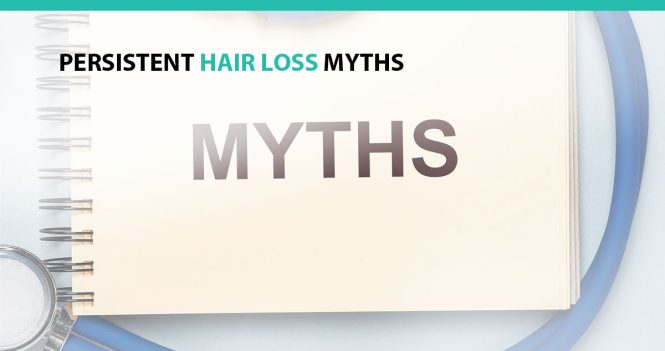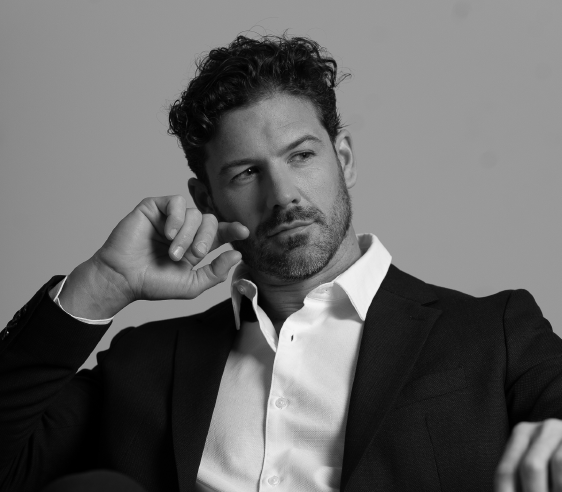

Persistent hair loss, despite trying various treatments, can be a deeply distressing and frustrating experience. The relentless shedding can impact self-esteem and overall well-being, leaving individuals searching for answers. This comprehensive guide will delve into the potential causes of persistent hair loss and explore the most effective strategies to address this issue. We’ll examine various factors, from underlying medical conditions to lifestyle choices, and offer actionable steps towards regaining healthy hair. We will also explore the role of medical interventions, nutritional strategies, and potential lifestyle adjustments. The structure of this article will first explore the possible underlying causes of chronic hair loss, followed by an in-depth look at medical conditions and nutritional considerations, and conclude with practical advice and frequently asked questions.
Understanding Persistent Hair Loss
Common Causes and Triggers
Persistent hair loss, also known as chronic hair loss, is a distressing condition that affects countless individuals worldwide. It’s characterized by excessive hair shedding that persists despite implementing various treatment approaches. This consistent hair loss can stem from a multitude of factors, ranging from lifestyle habits to underlying medical conditions. The reasons why some individuals experience this type of hair loss can be complex. Several conditions and lifestyle factors can contribute, including nutritional deficiencies, stress, hormonal imbalances, and autoimmune diseases. It’s essential to seek professional guidance to accurately diagnose the root cause and embark on the most suitable course of action. Proper diagnostics by a healthcare professional are crucial to pinpoint the exact cause.
Identifying the Root Cause
Many individuals attempt home remedies and over-the-counter solutions without addressing the underlying issues. This approach often proves ineffective and may delay or prevent appropriate treatment. Understanding the key factors that can trigger persistent hair loss is crucial in initiating effective strategies for restoration or management. Hair loss, especially when persistent, can be due to numerous factors. The key is to understand the particular situation and work with a healthcare provider or a dermatologist to identify the right intervention. It’s critical to identify the root cause rather than just treating the symptoms. This helps guide the treatment and ensures that the efforts are targeted and successful.
Assessing Medical Conditions
Medical conditions can often play a significant role in hair loss. Certain medical conditions can trigger hair loss, including thyroid disorders, autoimmune diseases such as lupus, and iron deficiency anemia. Moreover, hormonal imbalances, particularly in women, can lead to noticeable hair thinning or shedding. A comprehensive evaluation is crucial in such cases, and medical consultations should not be overlooked. Medical conditions are often overlooked as a cause of persistent hair loss, despite their potential impact. A proper medical evaluation is essential, and this should include a detailed discussion of family medical history to uncover any potential inherited or genetic factors related to hair loss.
Nutritional Considerations
The Role of Essential Nutrients
Proper nutrition plays a pivotal role in hair health and overall well-being. Nutritional deficiencies are frequently implicated in persistent hair loss, as essential vitamins and minerals are required for optimal hair growth. Deficiencies in biotin, iron, zinc, and protein can disrupt the hair growth cycle, causing increased shedding. A balanced diet rich in these nutrients can be crucial to support healthy hair growth.
Dietary Habits and Hair Loss
Certain dietary habits can indirectly contribute to hair loss. Excessive consumption of processed foods, sugary drinks, and insufficient intake of fruits and vegetables can negatively impact overall health, leading to nutrient deficiencies that affect hair growth. Excessive intake of alcohol and caffeine can also contribute to hair loss. Individuals concerned about potential dietary factors should seek advice from a registered dietitian or nutritionist for personalized recommendations.
Addressing Nutritional Gaps
Identifying nutritional gaps and addressing them with a balanced diet is often a key strategy for restoring hair health. Consulting a nutritionist or a doctor specialized in nutrition is crucial. This approach ensures that the chosen diet includes adequate amounts of essential nutrients vital for hair growth and overall health. Dietary adjustments can greatly impact hair health and should be addressed promptly to prevent further hair loss.
Stress Management
The Impact of Stress
Chronic stress can trigger a cascade of hormonal changes and physiological responses that negatively impact hair health. When the body is constantly under stress, it can lead to increased hair shedding. Stress can disrupt the normal hair growth cycle, leading to hair loss in various forms, including telogen effluvium.
Stress Management Techniques
Various stress management techniques can help mitigate the negative impact of stress on hair health. These include stress-reducing activities such as meditation, yoga, deep breathing exercises, spending time in nature, and engaging in hobbies. These methods can help regulate stress hormones, which promotes overall well-being.
Lifestyle Adjustments
Making lifestyle adjustments that prioritize relaxation and stress reduction can significantly improve overall health and help minimize hair loss related to stress. This can involve incorporating activities that promote mindfulness and a sense of calm, and it involves finding ways to relieve tension and promote overall well-being, ensuring a healthy approach to stress reduction and healthier hair growth.
Medical Interventions
Exploring Medical Treatments
There are various medical interventions that can be considered when dealing with persistent hair loss. Dermatological consultations are essential in determining the underlying cause and developing a tailored treatment plan, such as medication for hormonal imbalances or treating potential autoimmune diseases. A dermatologist can help guide individuals on medical options and provide personalized advice. This can involve a thorough examination of the scalp, a discussion of medical history, and potentially even diagnostic tests to rule out or confirm conditions such as alopecia areata, androgenetic alopecia, or other potential factors affecting hair loss.
Understanding Medication Options
Medical treatments for persistent hair loss are multifaceted and depend on the underlying cause. Some medical interventions might focus on addressing hormonal imbalances with medication or targeting specific causes of hair loss. Proper medical consultation should be sought before initiating any medication, considering potential side effects and the need for ongoing monitoring.
Monitoring and Follow-up
Regular monitoring and follow-up visits are essential during any medical interventions. This helps to track progress, adjust the treatment plan if needed, and ensure the safety and effectiveness of any medication or therapies involved.
Other Factors
Genetics and Family History
A family history of hair loss can play a significant role in understanding an individual’s predisposition to hair loss. Genetic factors, such as inherited patterns of hair loss, can contribute to persistent hair loss. Knowing one’s family history can be beneficial in determining potential risk factors.
Lifestyle and Environmental Factors
Lifestyle choices and environmental factors can also contribute to hair loss. Certain hair care practices, such as using harsh chemicals or frequent heat styling, can damage hair follicles and lead to increased shedding. Environmental factors, such as exposure to pollutants and toxins, can also contribute to hair loss.
Self-Care and Prevention
Practicing self-care, such as adopting a healthy diet and stress-reduction techniques, plays a role in preventing future hair loss. Avoiding harsh chemicals and excessive heat styling can also protect hair follicles and promote healthy hair growth. Addressing all potential factors in a holistic approach can greatly enhance the effectiveness of hair loss management strategies and overall health.
In conclusion, persistent hair loss despite trying various treatments can stem from underlying medical conditions, nutritional deficiencies, or even stress. A thorough medical evaluation by a dermatologist or a healthcare professional is crucial to identify the root cause. Addressing the underlying issue with personalized strategies and continuing monitoring can pave the way for effective hair restoration or management. Schedule a consultation today to regain your healthy hair.